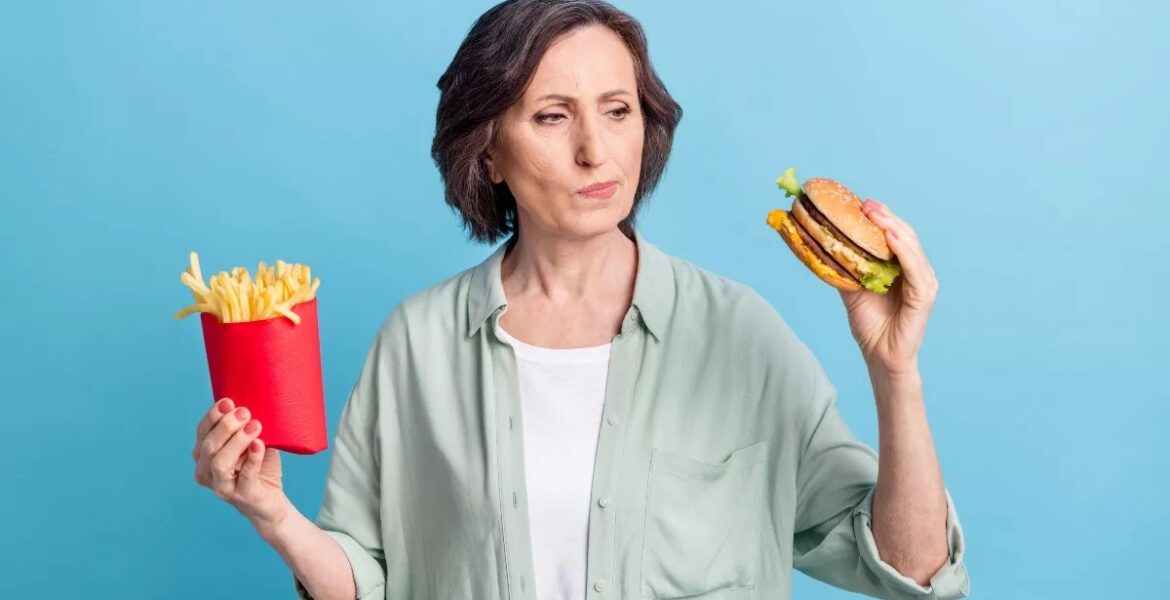Find out which foods are best to avoid during the perimenopause transition so you don't worsen debilitating symptoms like hot flashes and sweats.
Menopause marks an important phase in a woman's life, characterised by the cessation of menstrual cycles. Officially, it is diagnosed 12 months after the last period, but the transition and associated symptoms can last for several years, affecting overall well-being.
During this transition, women experience, among other things, a drop in estrogen levels, which can disrupt metabolic functions, increase weight, alter cholesterol levels and affect carbohydrate digestion. These hormonal fluctuations also contribute to bone loss, increasing the risk of fractures while also causing hot flashes, sweats and sleep disturbances.
Nutrition has its own special role here. Available scientific data shows that eating certain foods can help reduce symptoms and ease the transition. However, some foods can be aggravating, worsening the already debilitating symptoms of menopause.
So it is important to know what they are so you can avoid them in this demanding period of your life:
- Processed and ultra-processed foods, such as sweets, crisps, and fried foods, can worsen symptoms such as hot flashes and weight gain.
- Sugary foods and drinks: Too much sugar can disrupt sleep and overall health, so avoid soft drinks, energy drinks, and pastries.
- Alcohol and caffeine: These can make hot flashes worse and affect sleep.
- High sodium foods: Excessive salt intake can pose additional health risks.
The transition to menopause can be greatly smoothed with the right dietary choices.
By emphasising whole foods and nutrient-dense options while reducing processed and sugar-rich foods, you can effectively manage symptoms and improve your quality of life during menopause.
Viky Veniou is a columnist for Ygeia Mou. Translated by Paul Antonopoulos.
READ MORE: Greek expert explains how hiatal hernias cause gastroesophageal reflux.


